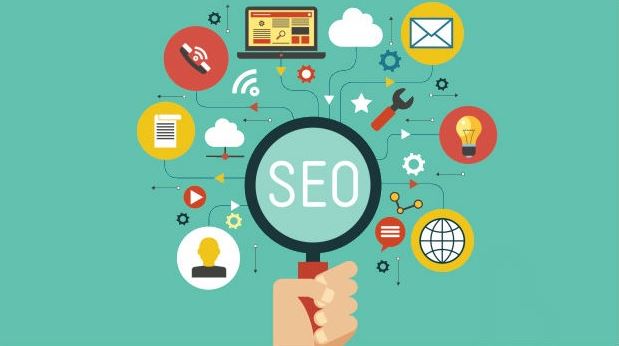In the evolving world of business, marketing strategies are the linchpins that determine the success of any company. As we journey through this digital age, marketers often find themselves at a crossroads – to choose between digital and traditional marketing. Both of these avenues have their merits and limitations. However, understanding the differences between them can be crucial for any entrepreneur or company. Let’s delve into these realms and unveil their key differences.
Reach and Scope
Traditional Marketing: Traditional methods, such as TV, radio, print media, and billboards, cater to local audiences. They are particularly beneficial for businesses that wish to target a local demographic. For instance, a new restaurant in town might benefit from a radio advertisement that reaches out to the community.
Digital Marketing: With the power of the internet, digital marketing transcends boundaries. A website optimized by an international seo consultant can attract global attention, making it easier for brands to reach a worldwide audience. Online platforms like social media channels, email campaigns, and paid ads cater to audiences on a scale that traditional means can’t match.
Engagement and Interaction
Traditional Marketing: Traditional methods are essentially one-way communication channels. The audience receives the message, but there’s limited interaction or direct engagement. Feedback, if any, is slow and might not be immediate.
Digital Marketing: Digital platforms provide two-way communication. Brands can engage with their audience in real time, respond to comments, answer queries, and even handle customer service issues. This direct interaction fosters a sense of community and brand loyalty, something that traditional methods often miss out on.
Check Also: Importance of SEO in Digital Marketing
Cost and Budget Flexibility
Traditional Marketing: Printing flyers, securing billboard spaces, or airing a TV commercial – all these require a substantial budget. Small businesses and startups might find it challenging to compete with larger corporations that have bigger advertising pockets.
Digital Marketing: The beauty of digital marketing lies in its scalability. Companies can start with a modest budget, perhaps focusing on content marketing or organic social media growth. As they grow and generate revenue, they can reinvest in other avenues like pay-per-click advertising or hiring professionals for specialized seo jobs.
Measurability and ROI
Traditional Marketing: While traditional methods have been effective for years, one of their significant limitations is the difficulty in tracking ROI. Businesses can’t always determine how many customers came in because of a newspaper ad or a TV commercial.
Digital Marketing: Digital tools and analytics allow companies to track their campaigns’ performance in real-time. From website visits to conversion rates, every metric can be analyzed. This data-driven approach ensures that businesses can tweak their strategies to maximize ROI.
Adaptability and Evolution
Traditional Marketing: Once a billboard is up or a print ad is released, there’s no going back. If there’s a mistake or if the message needs tweaking, the process is both time-consuming and costly.
Digital Marketing: The digital realm is dynamic. Ad campaigns can be adjusted in real-time, content can be updated, and strategies can evolve as the market demands. This flexibility ensures that businesses can stay relevant and ahead of the curve.
Trust and Credibility
Traditional Marketing: For years, people have trusted established media like newspapers and TV. A well-placed ad in a reputed magazine or a prime-time TV slot can build significant brand credibility.
Digital Marketing: Online reviews, influencer partnerships, and testimonials play a pivotal role in establishing trust. However, brands have to be vigilant about their online reputation, as negative reviews or PR crises can spread like wildfire.
While both digital and traditional marketing have their places in the modern business landscape, they cater to different needs and audiences. Digital marketing offers scalability, adaptability, and measurable ROI, whereas traditional marketing can be excellent for building trust and targeting local demographics.
One notable mention before we wrap up is the Kangaroo marketing agency, a testament to the fusion of both worlds, utilizing the best of digital and traditional strategies to create comprehensive campaigns for their clients.
To find the best marketing approach for your business, consider your target audience, budget, and goals. It’s not about choosing one over the other but integrating them effectively for maximum impact.



